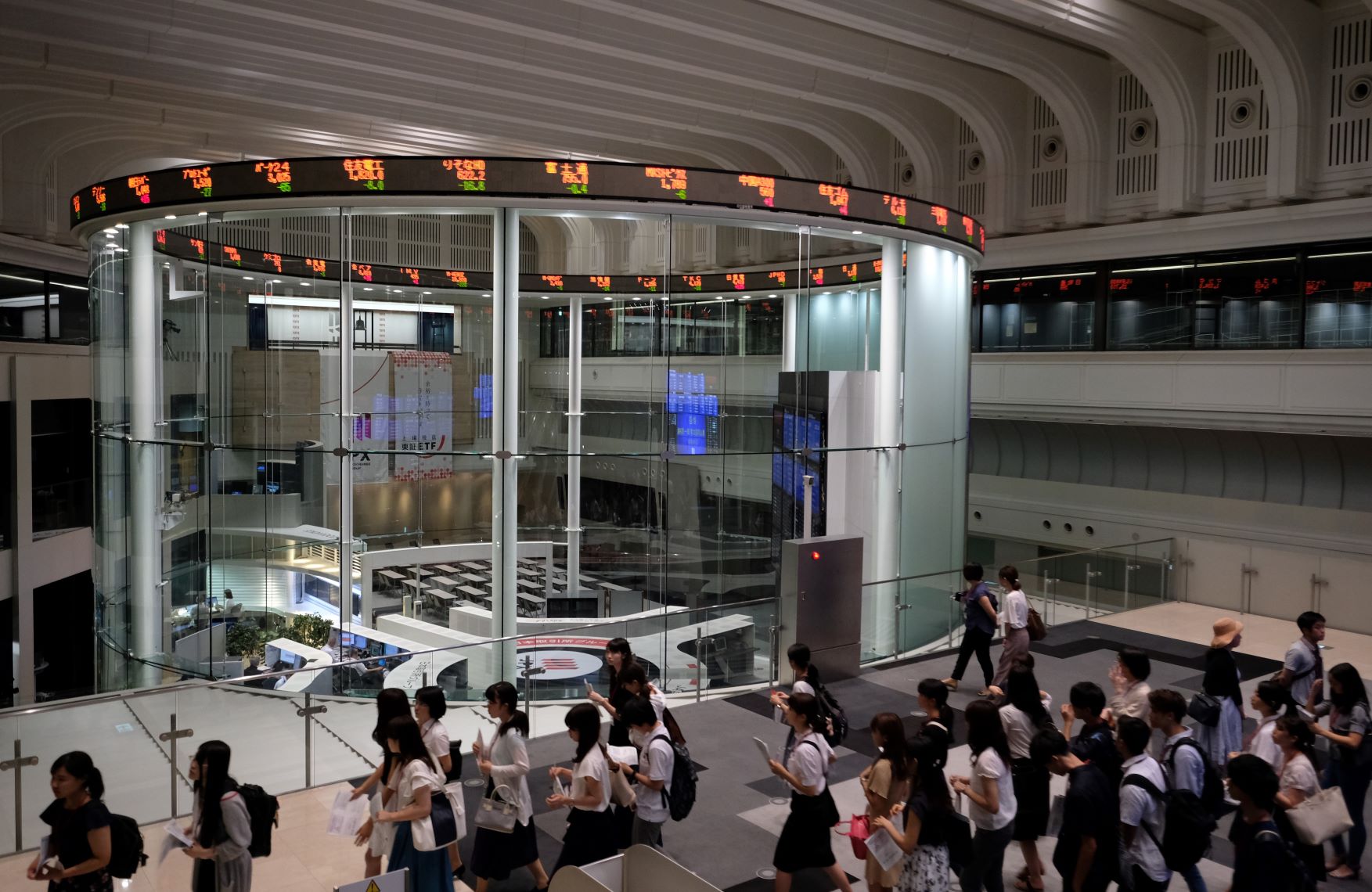
- ARAB NEWS
- 11 Jul 2025

Najia Houssari
BEIRUT: Behind every Lebanese who graduated from Japan, there is a story, and Arab News has caught up with some of them at different stages of their career.
According to the Japanese Embassy in Lebanon, more than 70 Lebanese students have graduated from Japan with master’s degrees and doctorates since the 1980s.
“Many of these graduates returned to Lebanon to become part of the cultural and research exchange activities (between the two countries),” Ai Odoriba, economic cooperation and cultural attache at the embassy, told Arab News.
Dr. Massoud Daher, a university professor who specializes in Arab-Japanese relations, said: “The prerequisite for getting a Japanese scholarship is learning Japanese. Given that it’s a difficult language to learn, students who do so before arriving in Japan are taken very seriously by the Japanese, so it improves their chances of getting a scholarship.”
Dr. Rana Dubaisi, a doctorate graduate in architecture from Tokyo University who teaches at the Lebanese University of Fine Arts, said she was offered a scholarship from Japan’s Foreign Ministry in 1998.
She studied Japanese for six months at Hiroshima University then moved to Tokyo. Dubaisi said during her time in the capital, most of the Lebanese medical students she met “went to the US and Europe” rather than returning home because there were more job opportunities in the West.
She added that one of her friends who studied in Japan returned to Lebanon, but “hasn’t been able to find a job opportunity and wants to leave.”
Dubaisi said the nine years she spent in Japan were “an excellent experience” that completely changed her life, and the many challenges she faced helped her discover her capabilities.
“The Lebanese and Japanese live in similar worlds,” she added. “We’re influenced by Europe and share the same human values, though the Japanese are more committed to these values, which are almost considered as customs in Japan, such as hospitality, respect for others and societal hierarchy. We’re a combination of East and West.”
Living and studying in Japan taught Dubaisi the art of focusing. “Focus is the key to success, and we lack that in our countries (in the Middle East),” she said.
“Focusing and planning for a specific target are essential. In our culture we have goals, but the Japanese have ways to reach their goals.”
Dubaisi said she decided to return to Lebanon just as she started feeling as attached to Japan as her homeland.
“Sadly, the Japanese don’t know Lebanon. Our duty is to introduce it to them. When they come to Lebanon, they fall in love with it,” she added.
Dubaisi said she is working on establishing a graduates’ assembly to “bring them together and find ways they can benefit from the education they received in Japan. Graduates meeting only at events organized by the Japanese Embassy isn’t enough.”
By comparison, “Israel is very active in Japan, and this leads to greater engagement and exchange,” she added.
“When the Japanese come to the Middle East, they make sure to conclude their tour in Israel.”
The Japanese “have shown tremendous resilience in recovering after wars, and a lot can be learned from their experience,” Dubaisi said.
“At a humanitarian level, the Japanese are unbeatable. They don’t look behind; they forgive and move on.”
She said Japan has greatly influenced her architectural work, which features nature, sunlight and greenery. Nature is considered sacred in Japan.